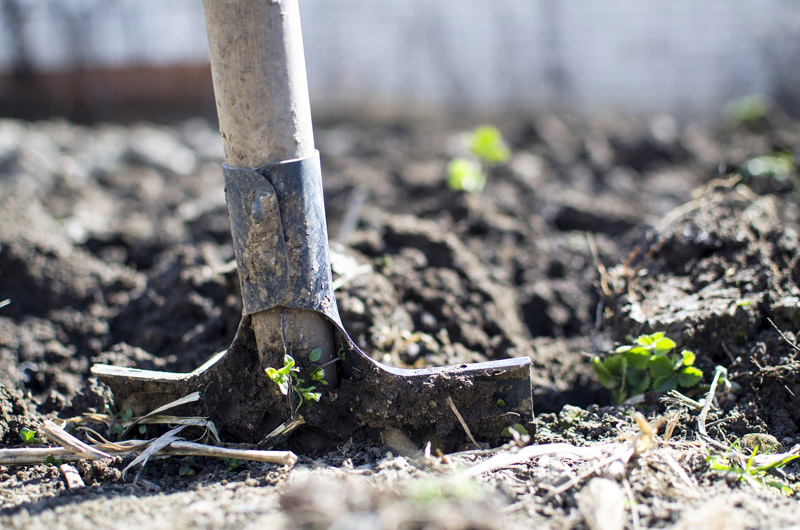The interdependence nature of systems, processes and projects is an essential characteristic for true synergies and optimum efficiencies.
Establishing right relationships and partnerships has always been the foundation for successful and landmark achievements. In the quest to build a formidable self-creating, evolving and innovative agri-food systems, it is critical to ensure that the right forms of collaborations are achieved.
Agribusiness realities and successes in the form that the state government has projected require giving attention to details whilst running a system that encourages the right synergy. In Oyo State, our broad spectrum for agribusiness as it positively affects economic drive and prosperity will naturally necessitate the need for mutually beneficial partnerships.
Oyo State has engaged some public and private organisations both local and international in her quest to drive the state’s economy. It is expected that these engagements will continue until the expected outcomes are achieved.
Agriculture represents the low hanging fruit in the quest to structurally transform Oyo State’s economy with the view to proactively engage the much-needed round pegs to fit in the round holes. Joint efforts will provide the momentum to unlock the potentials for agricultural production, expansion of Agro-Industries and agribusiness that have now become essential pre-conditions for sustainable growth and development in the state.
Innovative partnership models will drive our commitment for agribusiness support and realities in the state. Some examples of the models include contract farming models, public-private partnership models,investment models in smallholder farmers to mention a few. It will be built upon shared vision and set of core principles that include:
- multistakeholder operation fostering open and includsiveness from the onset.
- global relevance but promotes local content and in consonance with the government’s objectives.
- adequate exit and adjustment strategies.
- holisticintegrating full value chains that benefit all actors in the agriculture system.
- market-driven modelswith projects led by the private sector and rooted in viable business cases.
- supportby both local and/or international network providing reinforcement and solidarity.
- accountable, transparent and measurable indices.
and series of actionable tactical steps that will involve:
- institutional collaborations for research and extensions.
- creation of inclusive business models.
- approval and implementation of accepted models and proposals.
- detail monitoring of project’s execution, progress and appraisals.
These highlighted principles and steps are projected to boost local production, increase local content and ultimatelyenhance the state’s economy.

Essentially, building innovative and sustainable partnership is a journey and we must certainly continue to refine and improve our approaches over time, leveraging market-based approaches through a coordinated effort by all stakeholders, including government, farmers, civil societies and the private sector.
Innovative partnerships will help to drive a collective effort that produces impact greater than the sum of its parts. Utilizing and combining the core competences, strengths and vast experiences of various organisations through multi-stakeholder partnerships will naturally generate some benefits which include;
- Development of new mindsets, leadership approaches or institutional strategies within the sector.
- Increased financial, human and technical resources resulting in greater and sustainable impact.
- New expertise developed through the combined knowledge and experience of diverse stakeholders.
- Development of innovative new business and collaboration models.
- Greater understanding of other stakeholders’ perspectives, goals and capabilities for the chosen pathway of development.
It is crucial that all stakeholder partners must recognise their positions as part of a bigger picture to collaboratively lead an ambitious effort to transform the sector.
We are consciously aware of some of the complexities and issues that may arise from disorganised partnership models and we will in our capacity build a framework that will help to initiate strategic plans, implement and measure performances as observed. These experiences no doubt will bring new institutional capabilities and strategies as a form of adapting to meet the changing needs and demands over time.
Once the purpose of partnership is accomplished, we move to a new phase or new stage as determined by key indices and measures.
In the quest to keep our doors open, the State Government has proactively laid a foundation through its agribusiness framework as the major policy thrust that will sustainably revive commerce in the comparatively advantaged areas of the sector.

